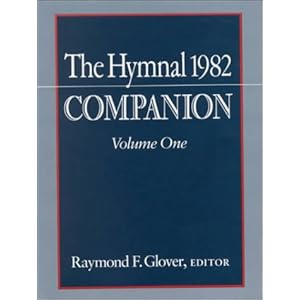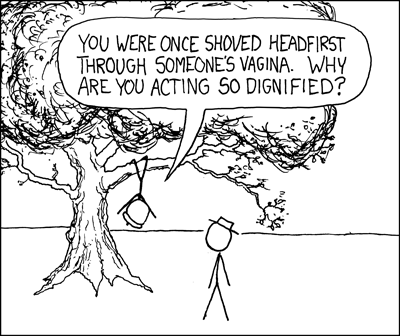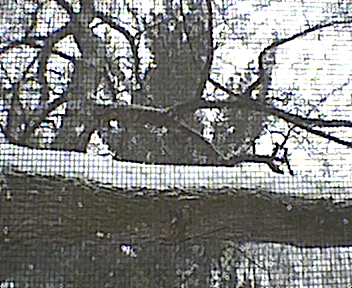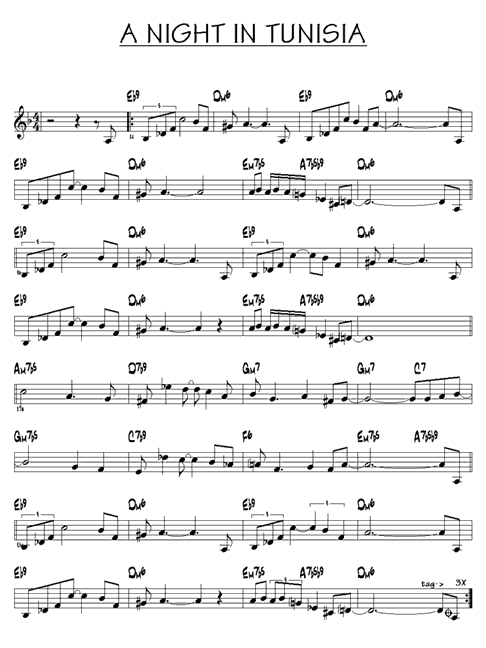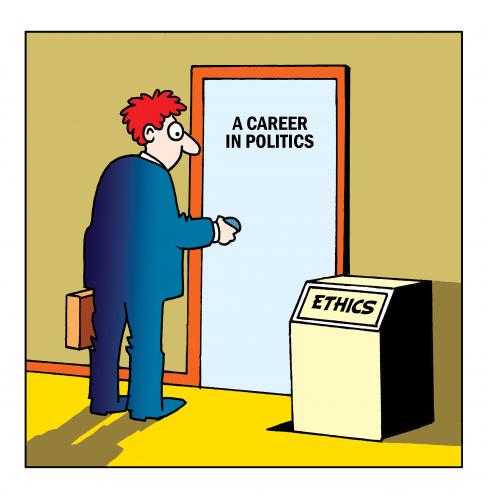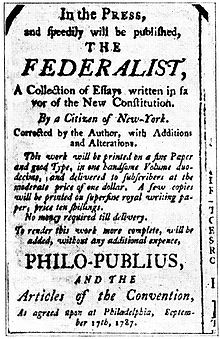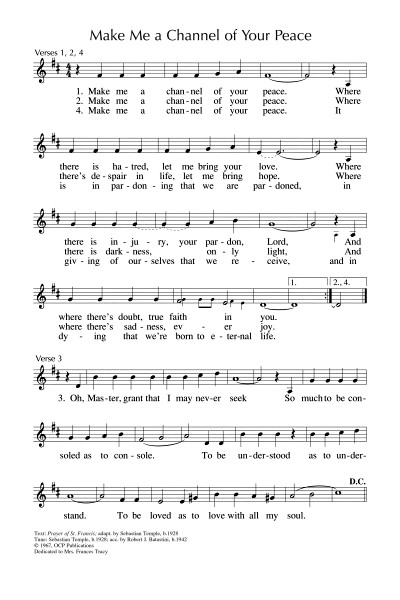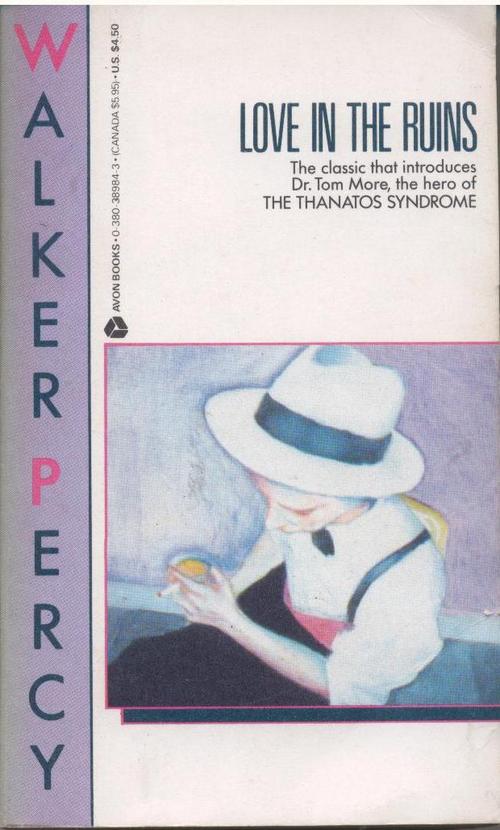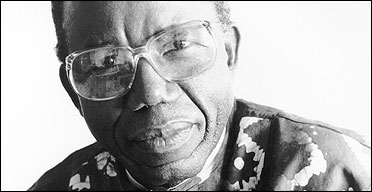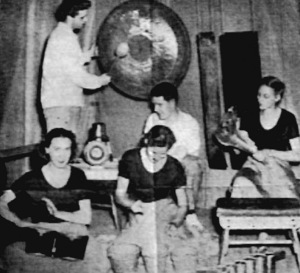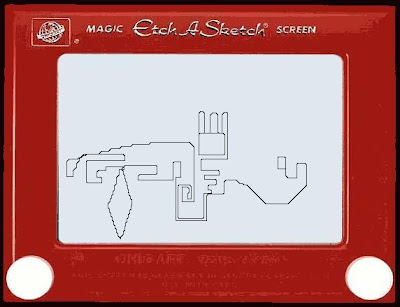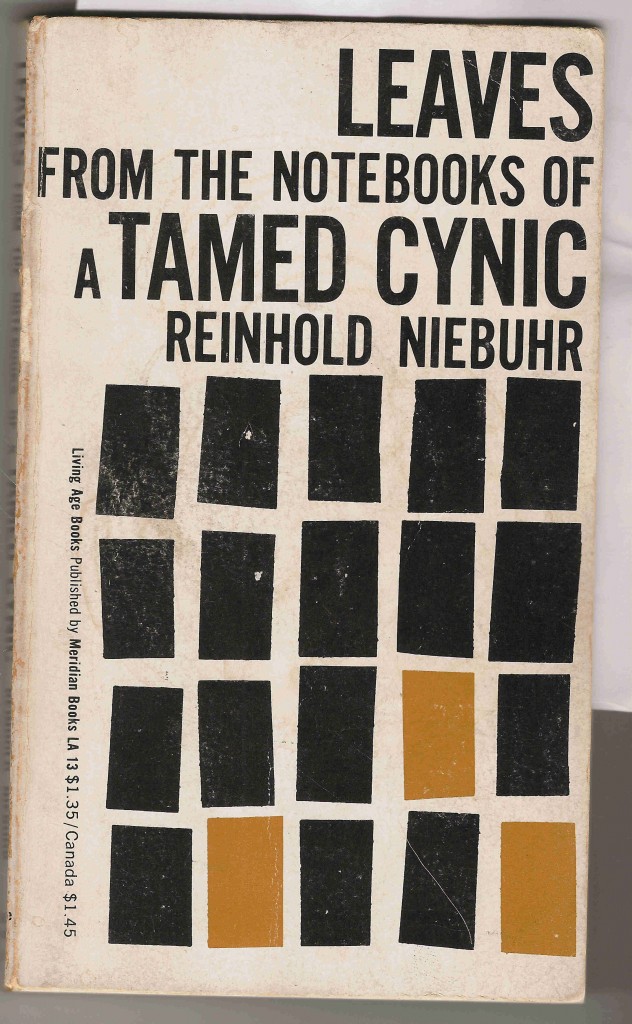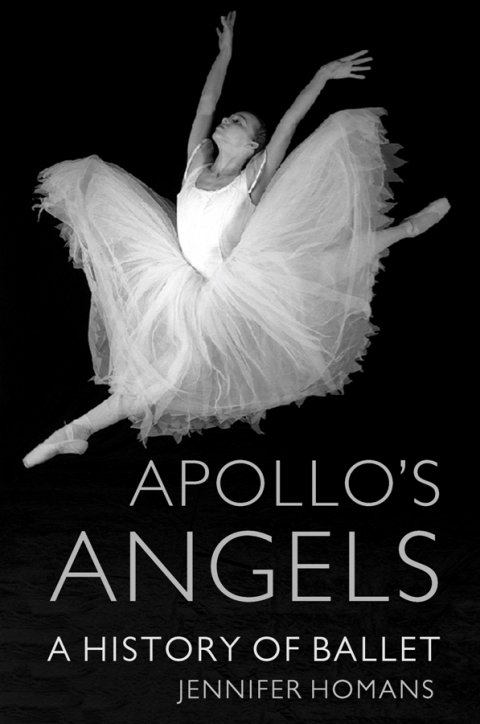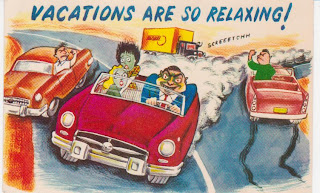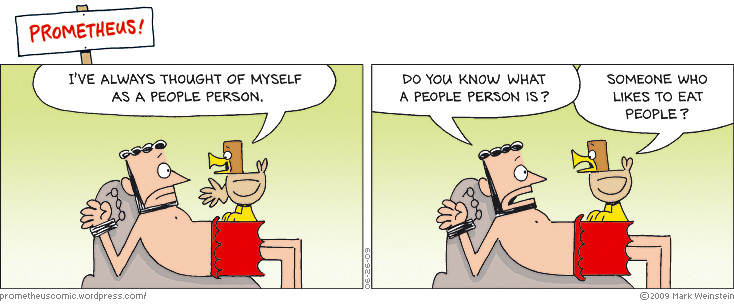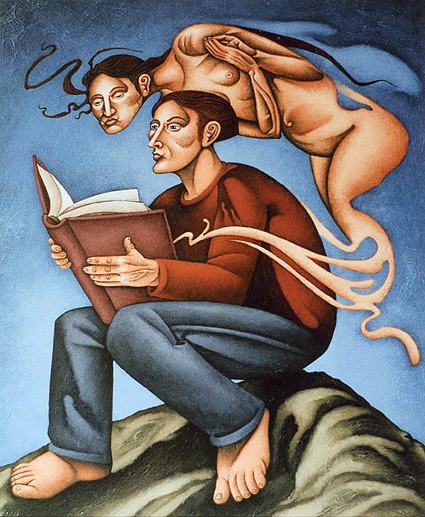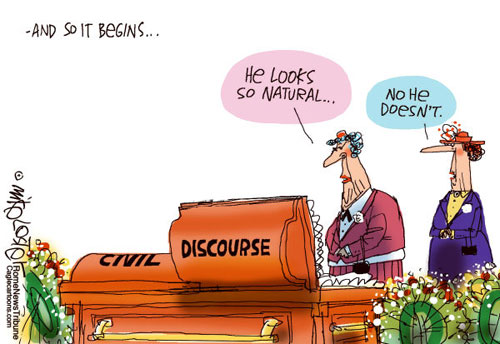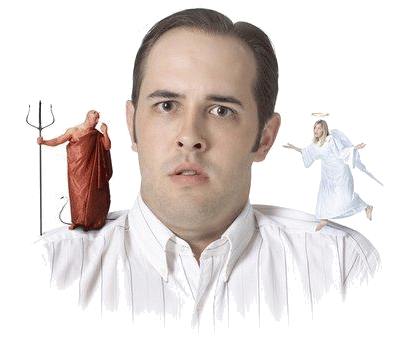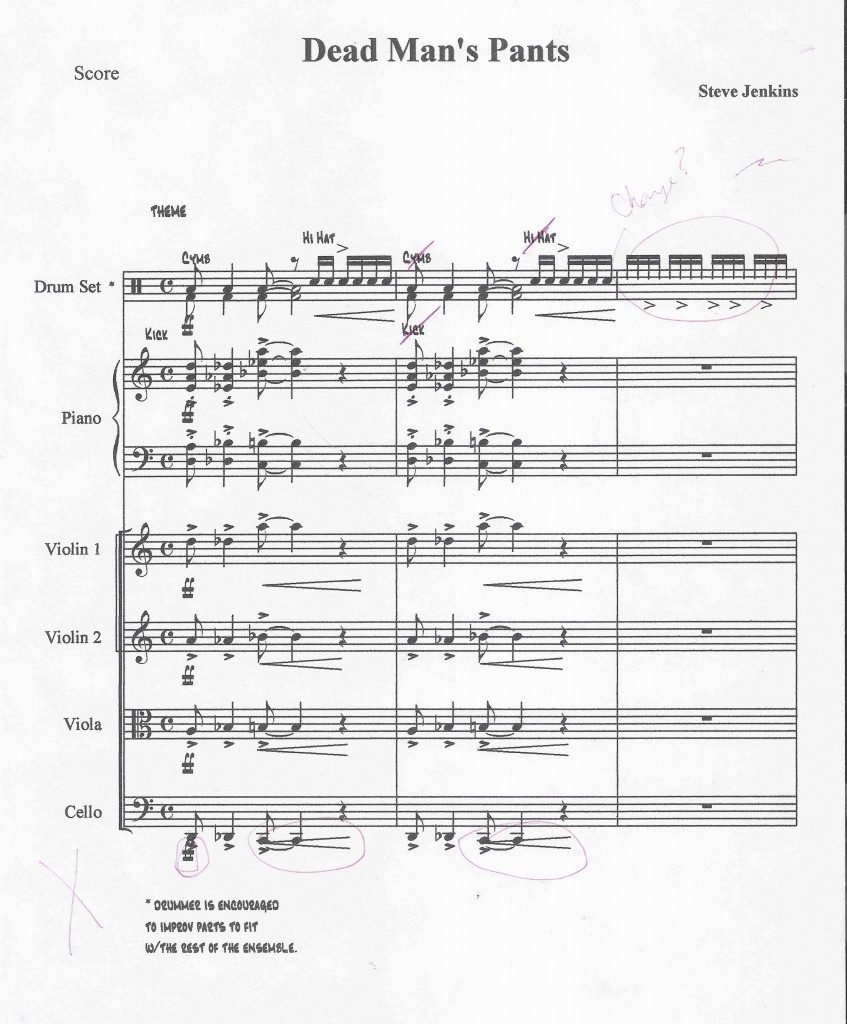
Spent severals hours working on this silly piece yesterday. While I did rewrite bits, I spent most of the time cleaning up the notation. Inconsistencies in notation drive people like me nuts. Even little things like the fact that pasting and copying from my original caused some accents to look different from others (bold and jazz font vs. not bold and reg font).

I am accepting this small difference but am correcting the placement of many articulations which suddenly get a bit wild if they are copied and pasted. This takes a lot of time.

Time which I had since my luncheon date canceled due to a funeral.
This piece you may recall is one I need to get in the mail this week for a contest. It’s the first contest I can remember entering where there is no money prize only a performance.

I also haven’t submitted any work for consideration for publication or contests for quite a while. I have lost faith in my marketability in general as a songwriter and musician. I know I probably have a small number of people who might be interested in my work either as a composer or even performer.

But on the stodgy west coast of Michigan, I am an anomaly as both. Or at least the way I do it.

I was chatting with one of the rare local (Grand Rapids) colleagues I have yesterday on the phone, when he said he could understand how locals might see me as something like a fuzzy pajama pants old guy musician.
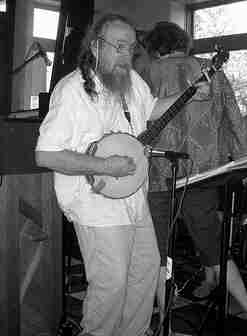
I replied, “What’s not to like?”
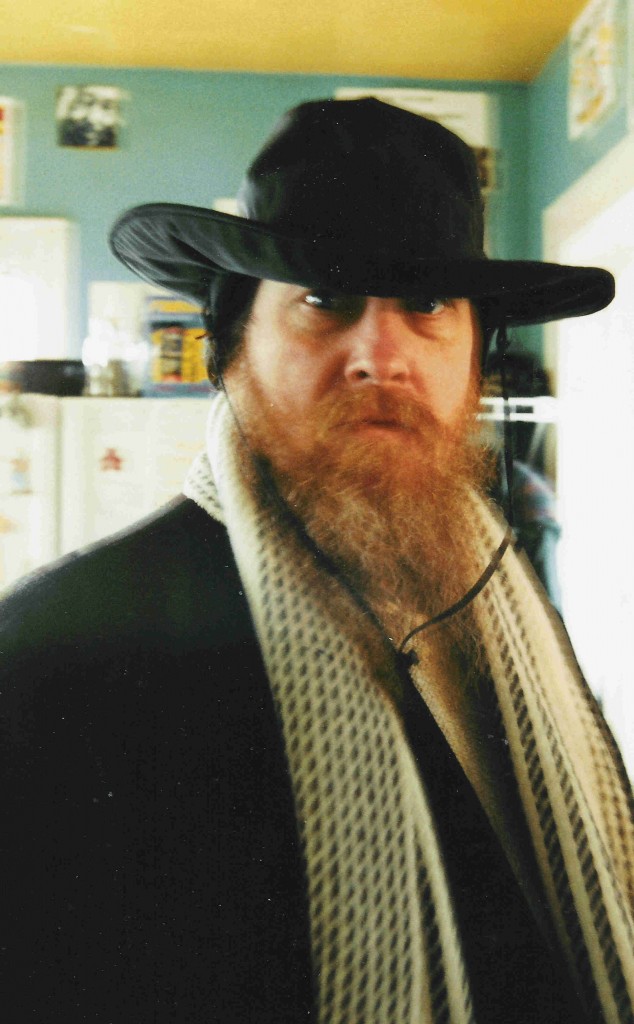
Indeed.

My musical and artistic literacy goes unsuspected by many I am sure. But, “toujours gai, archie, toujouirs gai.”

And of course, My Life is Good!

After ballet class, I walked home to rehearse a Vivaldi concerto with a young viola player for Solo and Ensemble this Saturday. Also, I received an email confirming ten vocal soloists which have hired me as accompanist through Grand Haven High School.
Originally they offered me $25 per singer.

This presumably included the rehearsal, little pre-festival public concert (a very good idea, btw) and the actual festival itself. I turned them down.
They came back and doubled their offer which I accepted. It made me wonder why they offered me such a small sum in the first place. Annoying especially because almost all of the musicians in this area (including the teacher negotiating these meager remunerative amounts) are earning much, much more money than me.

But at least I’m learning to accept their crumbs less readily, eh?

My church had its annual meeting Sunday. We are about 10k short of our projected 400k budget due to inadequate pledging. The financial people asked that people re-pledge at least $2 a week. Eileen and I under-pledge and over-give. This gives me some breathing room with that meager amount of money we make I was talking about.
We discussed it and decided to raise our pledge accordingly.
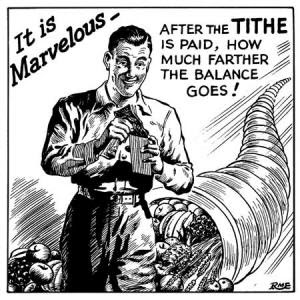
Very ironic, because the church not only pays me a portion of what I am supposedly worth professionally (due to degrees, experience, expertise, yadda yadda), they have frozen my wages.
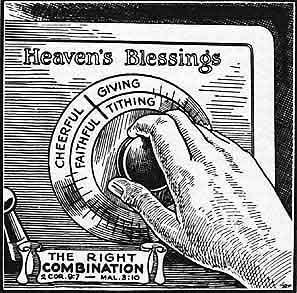
Of course an increase to staff wages is part of what the financial people want to do with the missing money. I’ll be lucky if I break even.
Also the financial person pointed out to community that the church provides no bennies (benefits like insurance) to its part-time people. They said that they are able to do this because the “husbands” of the staff all work. Otherwise they would be compelled to give benefits.
I’m comfortable with being a “wife” of Eileen. I just have the uneasy suspicion that maybe the financial people forgot about me and the other males on the staff.

The guy talking used to be in my choir until one day he stopped showing up. Since he didn’t speak to me about it I suspect he couldn’t take the fuzzy old guy who is just too different from the people he knows. Sigh. I guess I’ll never know since he never spoke to me about it.
He is, however, a much better financial guy than singer. I told him (unsolicited) that he was helping the church where he was and that it was probably a wise decision to move from the music ministry to the financial end of things.
I hate church.

I continue to spend time with Schubert at the piano. It helps my mental health, I am sure.




